October 5, 2023
More awareness and promotion of peer support programs through kidney clinics is needed
A study surveying care providers in kidney clinics across Canada reveals that many providers lack formal knowledge and means of referring their patients to peer support groups.
Peer support can be beneficial for people affected by kidney disease (which includes patients and their family members and caregivers) through sharing of peer experiences, pragmatic advice, and resources to enhance chronic kidney disease self-management and decision-making. In their study, Shannan Love and colleagues sought to better understand awareness and referral mechanisms surrounding peer support groups by surveying a total of 113 providers from 49 kidney clinics across 10 Canadian provinces/territories.
The results show that 75 of the 113 (66%) respondents reported being aware of formal peer support programs for patients with non-dialysis-dependent CKD (the most commonly cited program being the Kidney Foundation of Canada’s ‘Kidney Connect’ program). Of the 75 respondents aware of formal peer support programs, 59 (79%) indicated they had referred clinic patients to one, and 14 (19%) reported offering in-house peer support through their clinic. However, there was great variance across regions – peer support awareness was highest in Ontario and Quebec (89%), compared to Western (68%) and Atlantic (33%) provinces. As well, the results show that, although staff introduced peer support during care encounters, patients often had to initiate peer support referrals themselves (65%).
The authors highlight the different barriers and facilitators reported by providers regarding knowledge and promotion of peer support groups. “Our findings suggest that factors such as streamlined referral processes, collaboration between programs, and program adaptation to fit local contexts could encourage peer support awareness and uptake,” the researchers conclude.




